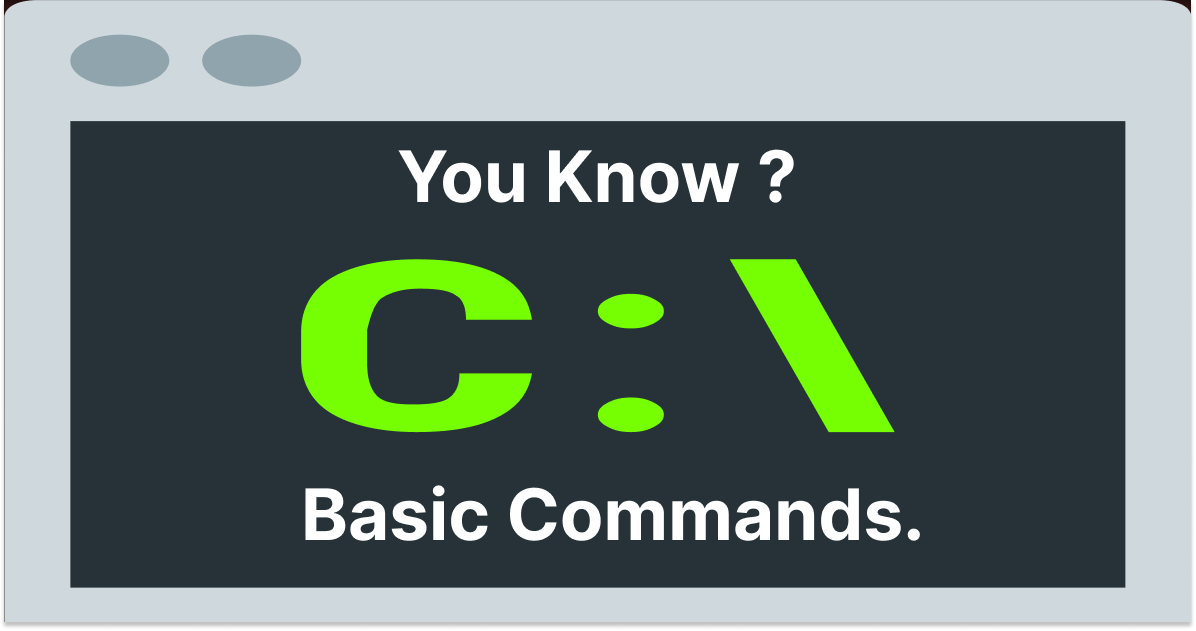The terminal, often referred to as the command line or shell, is a powerful tool that allows users to interact with their computer through text commands. For beginners, the terminal might seem intimidating, but fear not! In this guide, we’ll walk you through some basic terminal commands that will help you become a command line maestro in no time. 🎩✨
1. Navigating the File System 📂
pwd - Print Working Directory
The pwd command displays the current directory path. It’s your GPS for the terminal world.
$ pwd
/home/your_username
ls - List
Use ls to list the contents of the current directory.
$ ls
Documents Downloads Pictures Music
cd - Change Directory
Navigate through directories with the cd command.
$ cd Document
# change drive
$ cd drive_name:
# back to directory
$ cd ..
2. File and Directory Manipulation 📝
touch - Create a File
Create an empty file using touch.
mkdir - Make Directory
Create a new directory with mkdir.
cp - Copy
Copy files or directories with cp.
$ cp file.txt new_location/
mv- Move
Move files or directories with mv.
$ mv file.txt destination/
rm - Remove
Delete files or directories using rm.
3. Viewing and Editing Files 📄
cat - Concatenate and Display
View the contents of a file with cat.
nano - Simple Text Editor
Edit files using the nano text editor.
Check system information with uname.
top - System Monitor
Monitor system processes with top.
5. Getting Help 🆘
man - Manual Pages
Access manual pages for commands with man.
Conclusion: 🌟
Congratulations! You’ve just scratched the surface of the vast world of terminal commands. As you become more comfortable with these basics, you’ll discover countless commands and shortcuts to make your command line experience even more efficient. 🚀 Happy terminal tinkering!

